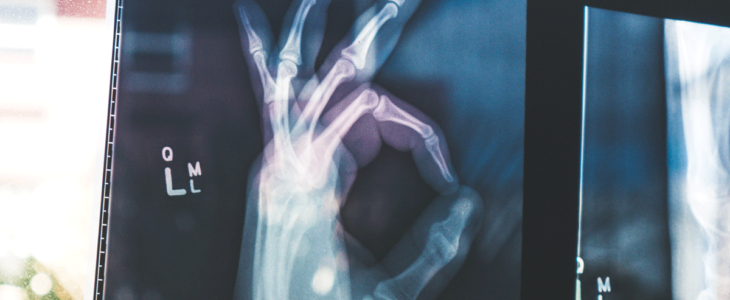
Patient experience is now a buzz word, as much as customer experience. When you work in both the domains, like I do, it is not hard to see the commonalities. However, there is still resistance, and even revolt, to the allusion that hospitals should learn from private business.
Whilst I am not espousing the need to get inexperienced administrators to run private and public hospitals, I am advocating for the need of cross-fertilisation of knowledge. Let me explain.
Reducing Risk and the Wrong KPIs
Hospitals have been historically focused on reducing risk to patients and to themselves. They are also, and very rightly so, focused on improving the patient’s condition. You have a heart condition, then that must be resolved during your hospital stay. The patient is then discharged and their treatment becomes another statistic in the ‘Discharged’ column of the hospital dashboard. The patient has left the hospital alive and all is good.
However, what if during that acute intervention the patient was treated inhumanly (this is, by the way, based on real-life experience where I cannot go into detail in a public forum on the specifics other than it involved personal hygiene…), consequently they are traumatized and cannot conceive returning to that same hospital ever again? Moreover, what if their condition and treatment led them, and their carers/family) to depression? The carers, who may be family, are also part and parcel of the hospital experience. ASo, from the hospital perspective, they may have succeeded in resolving the patient’s condition but from the patient (and their carer’s ) perspectives they are worse for wear as a result of their dire experience.
What if Disney ran your Hospital?
Now let’s imagine Disney was running that hospital. I use this analogy as part of my training courses and consulting work inspired by one of the best books on the subject, ‘If Disney Ran Your Hospital: 9 1/2 Things You Would Do Differently’. What would be different in that experience? For those who have been to Disneyworld, no doubt you can imagine a magic wonderland, where patients were treated like guests in a resort. The resort is clearly signposted, an aura of positivity and happiness hangs over it, the patient’s every need is considered, the experience filled with surprises such as Mickey Mouse singing them an impromptu ‘Happy Birthday’ followed by a special treat. Whilst I suspect critics would retort with ‘Hospitals cannot afford to be Disney’, which is a comment I would agree with, they may not have the money nor infrastructure… Yet. What is different is the mindset. The focus for Disney is the single-mindedness on that experience, one for which their employee training is infamous. And why? Disney knows that the happier visitors are, the more likely they will return and spend more during their stay. In fact, their return rate is 70% – 70% of first-time visitors return to the park.
The cost-savings: How PX improves financial KPIs
Whilst we don’t want patients to fall ill and return for the same treatment, a hospital, like a business, should aim to provide such a positive experience that the patient will not look elsewhere for their next elective/non-elective treatment. This is how Mayo Clinic and Cleveland Clinic have created their world-renown reputation. They have invested in the experience so that patients rave about both the treatment (yes, the surgery was a success) but they also rave about the pre, during and post-stay treatments too. In addition, research has shown a positive state of mind during treatment, increases the effectiveness of pain-management. This means less prescribed drugs (a cost to a hospital), faster discharge timeframes and consequently freer beds (the most expensive KPI to any healthcare institution).
More often than not, when hospitals see how costs amount, the penny then drops for them. They see that rather than being a cost-centre, investing in patient experience and ‘thinking like a business’ actually makes long-term financial sense.
Investing now for the post Covid19 recovery
It will take years for healthcare to recover post-CoVid19, so private and public hospitals which move quickly on building their internal capability and PX strategies now, will be the early winners. In economies which will be grappling with recovery, it is those organisations which plan now and build their capacity, mindset and reputations which will, undoubtedly, have the first-mover advantage.